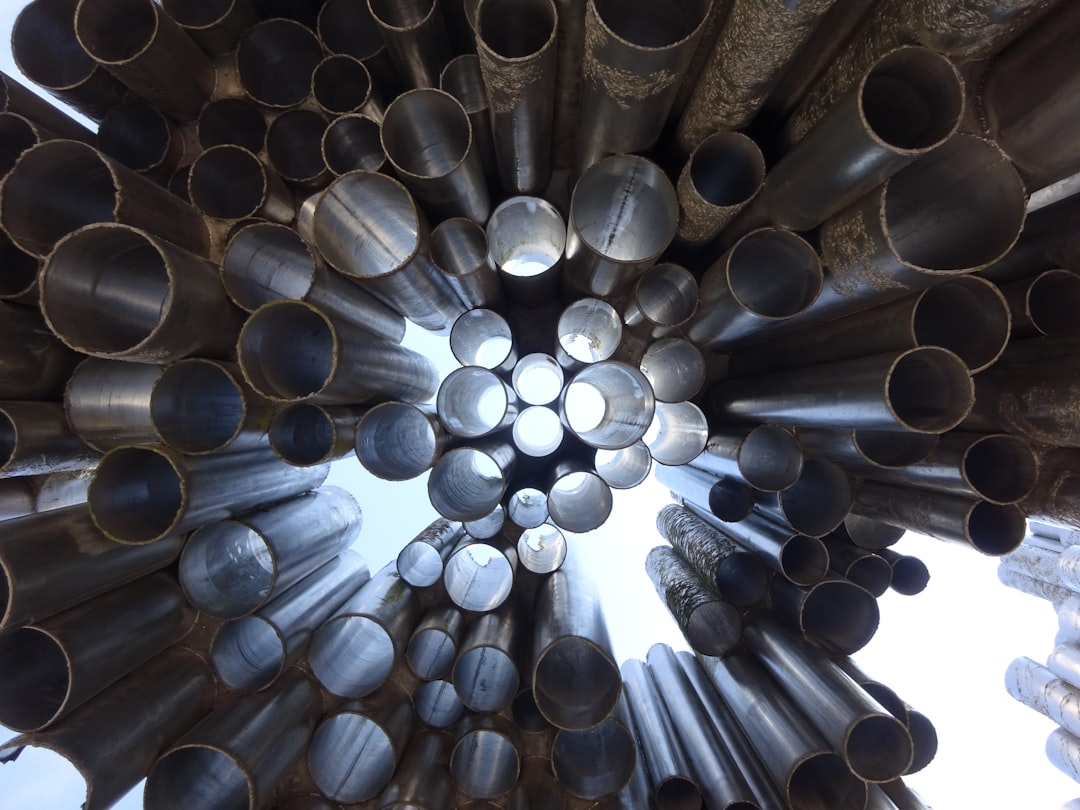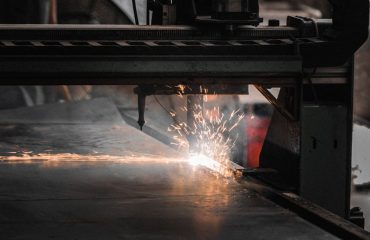Threaded pipes are a cornerstone of modern construction, industrial processes, and even domestic plumbing. Their enduring popularity stems from a combination of robust strength, remarkable versatility, and relative ease of installation. This comprehensive guide delves into the multifaceted world of threaded pipes, exploring their key features and numerous advantages.
Understanding the Mechanics of Threaded Pipe Connections
The defining characteristic of threaded pipes is, of course, the threads. These precisely machined helical ridges and grooves create a strong, leak-resistant seal when two pipes are joined using appropriate fittings. Several standardized thread types exist, each with its own specifications regarding diameter, pitch (the distance between threads), and profile (the shape of the thread). Common standards include National Pipe Taper (NPT) – prevalent in North America – and British Standard Pipe (BSP) – widely used internationally. The tapered nature of NPT threads ensures a tighter seal as the pipes are tightened, while BSP threads are generally parallel. The choice of thread type depends heavily on the application and relevant industry standards.
Superior Strength and Durability: The Foundation of Threaded Pipe Systems
Threaded pipe connections offer exceptional strength and durability, crucial for applications handling high pressures or aggressive fluids. The interlocking threads distribute stress evenly across the joint, minimizing the risk of leaks or failures. This is particularly important in high-pressure systems like those found in industrial settings or high-rise buildings. The material of the pipe itself – often steel, copper, or PVC – further contributes to its overall strength and resistance to corrosion or damage. Properly installed threaded connections can withstand significant pressure and temperature fluctuations, ensuring long-term reliability and minimizing maintenance needs.
Versatility in Application: From Plumbing to Industrial Processes
The versatility of threaded pipes is another key advantage. They are used extensively in a wide range of applications, from domestic plumbing and gas lines to complex industrial piping systems. Their adaptability extends to various materials, allowing for seamless integration with different pipe types and fittings. Whether it’s connecting a water supply line in a home, assembling a complex chemical processing system, or creating a robust irrigation network, threaded pipes provide a reliable and adaptable solution. This versatility is enhanced by the availability of a wide range of fittings, including elbows, tees, unions, and couplings, enabling the creation of intricate and customized piping systems.
Ease of Installation and Maintenance: Streamlining Project Efficiency
Compared to other pipe joining methods, threaded connections are often easier and faster to install. Specialized tools like pipe wrenches are generally all that’s required, making installation relatively straightforward. This simplifies project timelines and reduces labor costs, especially in large-scale projects. Maintenance is also simplified. Disassembling and reassembling threaded connections is relatively easy, allowing for quick repairs or replacements. This ease of access is invaluable in situations requiring regular inspection or maintenance, further enhancing the overall cost-effectiveness of using threaded pipes.
Choosing the Right Thread Type: A Crucial Decision for System Integrity
Selecting the appropriate thread type is paramount for ensuring system integrity. As mentioned earlier, NPT and BSP are the most common standards, but others exist depending on the application and region. Incorrect thread selection can lead to leaks, failures, and safety hazards. It’s crucial to consult relevant industry standards and specifications to ensure compatibility and proper functionality. Factors to consider include the pipe material, operating pressure, temperature, and the nature of the fluid being transported. Consulting with experienced professionals is always recommended to ensure the correct thread type is chosen for the specific application.
In conclusion, threaded pipes offer a compelling combination of strength, durability, versatility, and ease of installation. Their widespread use across diverse industries underscores their enduring value and reliability. By understanding the intricacies of threaded pipe connections and selecting the appropriate thread type, engineers, plumbers, and contractors can leverage the full potential of this essential component in building robust and efficient piping systems.
SEO-Friendly Tags:
- Threaded Pipes
- Pipe Fittings
- NPT Threads
- BSP Threads
- Industrial Piping




